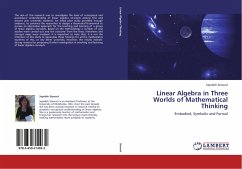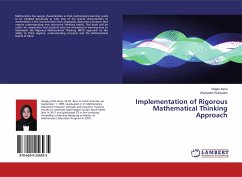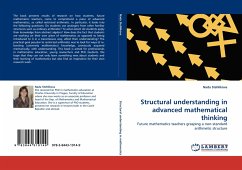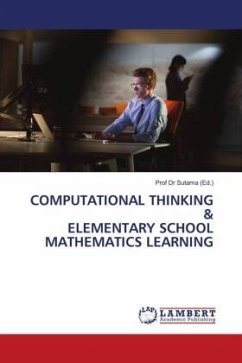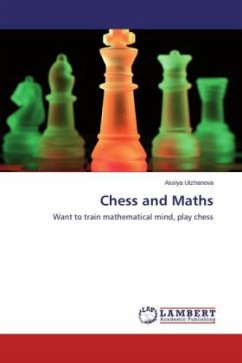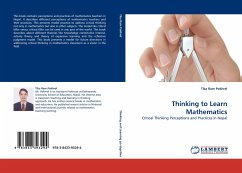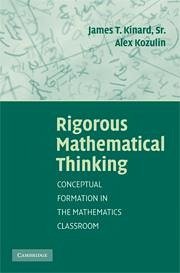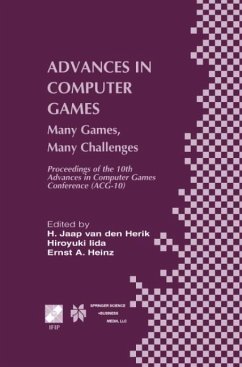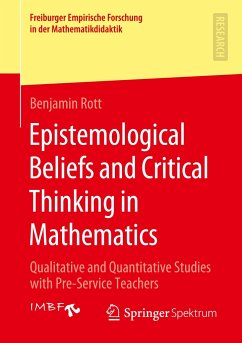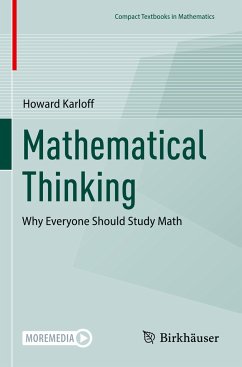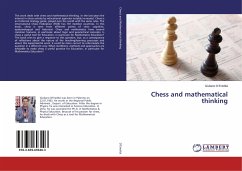
Chess and mathematical thinking
Versandkostenfrei!
Versandfertig in 6-10 Tagen
30,99 €
inkl. MwSt.

PAYBACK Punkte
15 °P sammeln!
This work deals with chess and mathematical thinking. In the last years the interest in chess activity by educational agencies notably increased. Chess is an historical strategy game, played over the world with the same rules. The International Chess Federation (FIDE) has 181 member countries. In this book, chess is seen from different points of view: cognitive, epistemological and historical. Chess and mathematics have several common features, in particular about logic and geometrical concepts. Is chess a useful tool for Education, in particular for Mathematics Education? This book tries to g...
This work deals with chess and mathematical thinking. In the last years the interest in chess activity by educational agencies notably increased. Chess is an historical strategy game, played over the world with the same rules. The International Chess Federation (FIDE) has 181 member countries. In this book, chess is seen from different points of view: cognitive, epistemological and historical. Chess and mathematics have several common features, in particular about logic and geometrical concepts. Is chess a useful tool for Education, in particular for Mathematics Education? This book tries to give a response to this question, but, as a consequence of reflections about the nature of the teaching/learning processes and about this experimental work, it could be more correct to reformulate the question in a different way: What conditions, methods and approaches are advisable to make chess a useful practice for Education, in particular for Mathematics Education?



